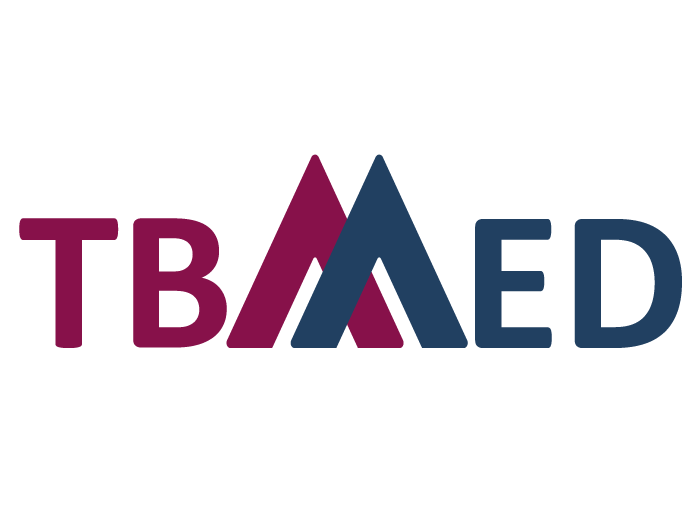An Open-Innovation Test Bed for Medical Devices: Kick-off for new EU Research Project TBMED
The project receives EUR 8.5 million funding from the European Union’s Horizon 2020 Framework Programme and will run for a period of 50 months. It sets out to tackle two of the most pressing issues in the EU healthcare system: the large variation in patient diagnosis and continually increasing costs which result in an urgent need to create and incorporate value in healthcare. However, new EU regulations regarding medical devices classified as high-risk impose great challenges especially on smaller European production companies which are the core target group of TBMED. In order to help SMEs to deliver better care at more reasonable costs and enable them to face global competition by large suppliers, the consortium aims to develop an Open Innovation test bed (OITB) focusing on the most challenging devices of high-risk classification IIb upwards. In a quality-by-design approach, the test bed will help companies to accelerate the development of MDs, reduce their time to market and offer additional business management services. Counselling and advisory sessions with experts on clinical investigations and an advisory health technology assessment team (through EUnetHTA) will make sure that important evidence on the safety and efficacy of the new devices and adequate comparators is generated during preclinical development. TBMED will use three case studies to build the test bed: GlycoBone®, keratoprosthesis and new devices to improve oncological treatments based on hyperthermia. The deliberate choice of three very different cases will facilitate the development of an OITB suitable for a broad range of applications in the field thus turning TBMED into a one-stop shop providing med-tech companies with open access at fair conditions. “We want to make our approach sustainable through the strategic involvement of existing European clusters and the use of collaboration opportunities,” said Iraida Loinaz from Fundación CIDETEC Nanomedicine who coordinates the project. “Our aim is to strengthen the growth and development of SMEs in many different regions and increase their chances of success by bringing them in contact with potential investors interested in new products.” The TBMED consortium comprises 13 European partners from Spain, France, Ireland and Germany and is coordinated by the Spanish Research Institute CIDETEC. On 21-22 February 2019, the TBMED partners will come together for the official project kick-off in Donostia-San Sebastian, Spain. The meeting is preceded by an open session on Wednesday, 20 February 2019 with a planned participation of representatives of the local Basque government and the Basque Health Cluster. In addition to TBMED, the Horizon 2020 projects MDOT (coordinated by Fraunhofer Gesellschaft, Germany) and SAFE-N-MEDTECH (coordinated by Biopraxis, Spain), which pursue similar approaches in the development of test beds, will be presented. Project Key Facts: Full Name: TBMED – An Open Innovation test bed for the development of high-risk medical devices Start date: 01 January 2019 Duration: 50 months Budget: 8,480,543.89 € Coordinator: Fundación CIDETEC, Spain Project Partners: Spain: Fundación CIDETEC, Donostia-San Sebastian AJL Ophthalmic S. A., Miñano Universidad de Zaragoza, Zaragoza nanoScale Biomagentics SL, Zaragoza Fundación Vasca de Innovación e Investigación Sanitarias, Barakaldo Antares Consulting S.L. Madrid France: Institut National de la Santé et de la Recherche Médicale, Paris SILTISS, Groupe SILAB, Société Industrielle Limousine d’Application Biologique, Objat Cybernano, Villers-lès-Nancy ECRIN European Clinical Research Infrastructure Network, Paris Germany: Fraunhofer Gesellschaft zur Foerderung der Angewandten Forschung e.V. Hannover EURICE - European Research and Project Office GmbH, Saarbrücken Ireland: National University of Ireland Galway, Galway
Countries
Germany, Spain, France, Ireland



